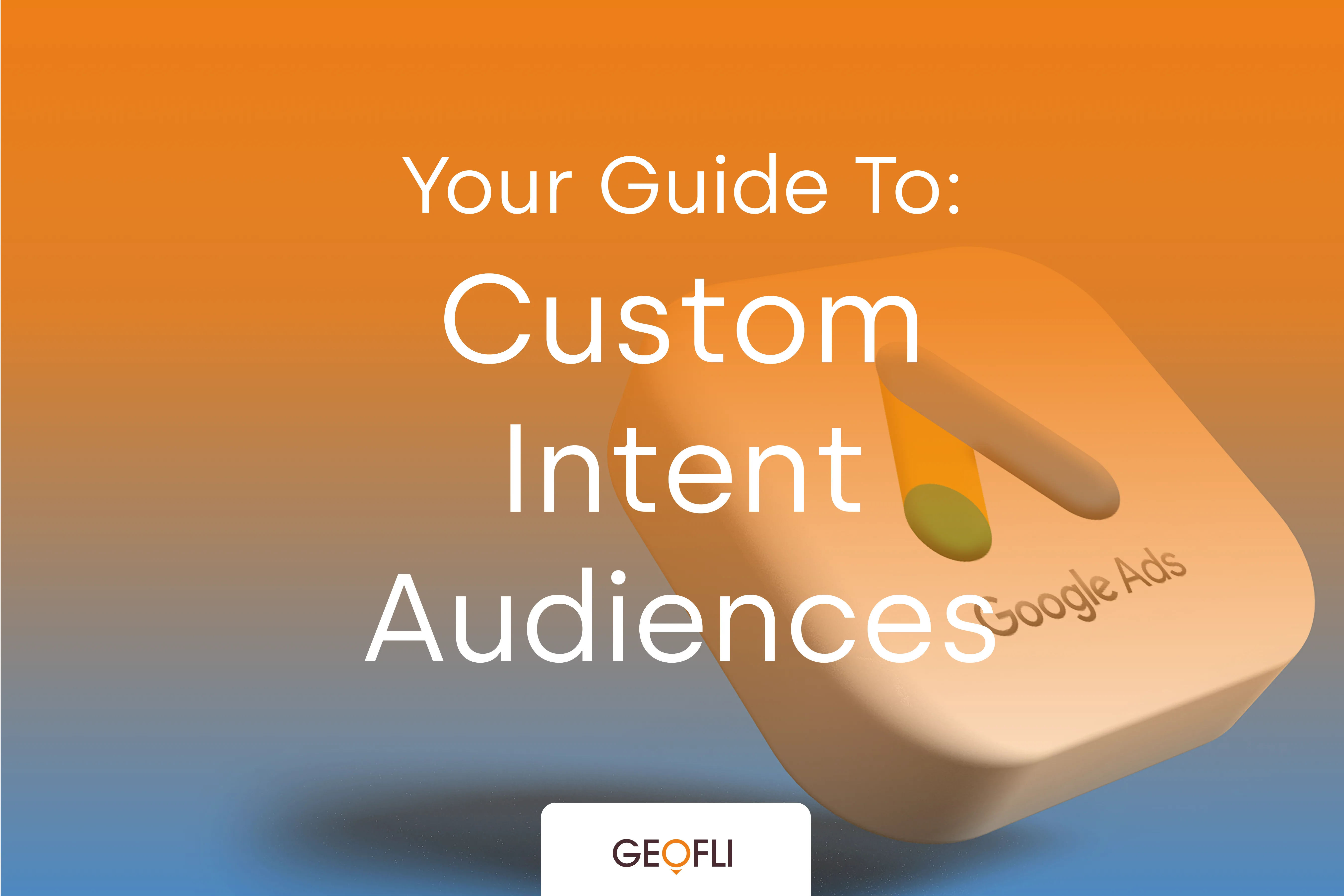
Custom Intent Audiences: Everything You Need To Know
This guide explains how to use custom intent audiences, now called custom segments, in Google Ads. It covers how they work, why they were renamed, and how to set them up and optimize them.

New users are so important to any website. With each one, we have the chance to impress them with our site and keep them coming back for more. Here are a few ways to find solutions.
New users are so important to any website. With each one, we have the chance to impress them with our site and keep them coming back for more. We know of a few usual ways that this can happen - actively saying hello as they land, showing them what to do next with CTAs, and generally having an easily navigable website. What else can we do to keep new users on our site longer, and show them exactly what they are looking for before they navigate away? There’s no denying that users coming to your website have different agendas. Some are researching, some are looking to purchase, some just want a fun read, others are looking for business contacts, and still more people are cruising the web for reasons we can only guess. The obvious solution is website personalization - showing relevant content to different users. There are a few geotargeting softwares on the market that can do this, but how do we know what is relevant? Through targeting demographics like location, age, gender, and interests, making sure that the users on your website are seeing content that is relevant to them is, in theory, quite simple. However, having all these tools at our disposal can bring up more questions than they actually answer. Here are a few ways to look at this problem.
One way to decide how to use these website personalization tools is by creating personas for your customers and discovering who they are in a data-driven way. Check out your Google Analytics. Are they people in the local area, purchasing outdoor products and reading about backpacking? Are they working moms looking for simple solutions to their daily tasks? Are they teenagers with less spending money but more impulsive habits? Create these personas, identify their habits and target them as well as you can.
An example of individuals segmented based on location, employment, income, and an interest in coffee.
If you are creating Facebook Ads that drive people to a particular landing page, segment your audience appropriately by using behaviors, interests, employers, and the demographic segmentation available through Ads Manager. Decrease your bounce rate by targeting people on their respective landing pages to the best content you can possibly show them. Engage them from the get-go by identifying them, and acknowledging their role.
Look at the days and times that new users are landing on your website. Visits at certain times of day, or purchases surrounding the expected pay day of the average worker are important insights to pay attention to as well. Use a scheduling tool, like GeoFli, that integrates with your CMS to publish content specific to a particular day and time. New users cruising a website on their lunch break can see different material than new users who have sat down to purchase after work or on a weekend. In institutions of higher ed, recruitment and admissions counselors can schedule a content change for an area they’ll be visiting soon, with a CTA to schedule a coffee meeting with prospective students. Get one more chance to show students what your university can do for them and increase conversion rates. The possibilities with scheduling are endless.
If you have geographic targeting in your CMS, use it. Identify regions that may differ in significant ways from the areas around it, so your customers don’t feel lost in the mix. For example, Missoula, Montana is well-known for being a random blue city in a rather red state. The people who choose to live in Missoula are quite different than those who choose a rural lifestyle in the eastern half of the state. These individuals should be targeted differently in many cases, and would benefit from more personalized website experiences than one “Montana” targeted campaign. People living in California will act on different value propositions for a car than for those living in the South. The same can be said for urban New Yorkers, who may not want to own a car at all, versus a family living Upstate.
A snapshot of GeoFli's geotargeting UI.
Identify these regional differences - but don’t get caught in the trap of making assumptions. Research the industry you’re marketing for and customer you’re marketing towards.
Website personalization doesn’t have to be hard - pick a strategy to learn with and start there. Get to know your customers before making assumptions. It’s as easy as being in tune with what they’ve already told you what they want to see, and as difficult as figuring out how to show it to them. However, with a few insights as to the power of website personalization, you're well on your way to lower bounce rates, higher rates of engagement, longer time on site, and more conversions.
GeoFli allows you to easily personalize content on your existing website. Alternate testimonials for visitors from NY versus visitors from CA. Change header images, videos and call-to-action buttons. We build robust geotargeting campaigns for your product or service. Complete the form below with any questions or simple start a free 14 day trial today!

